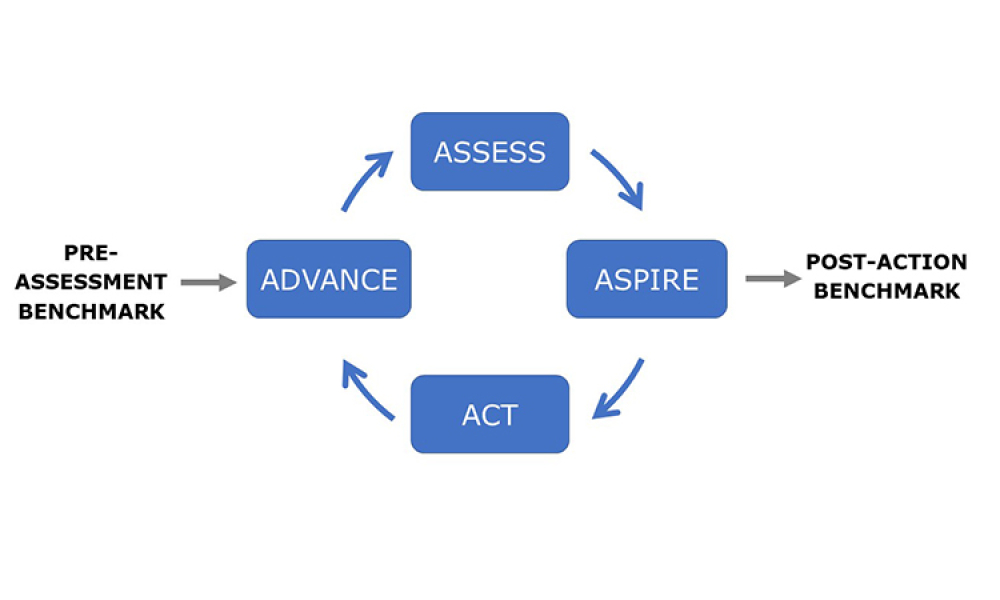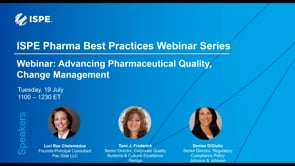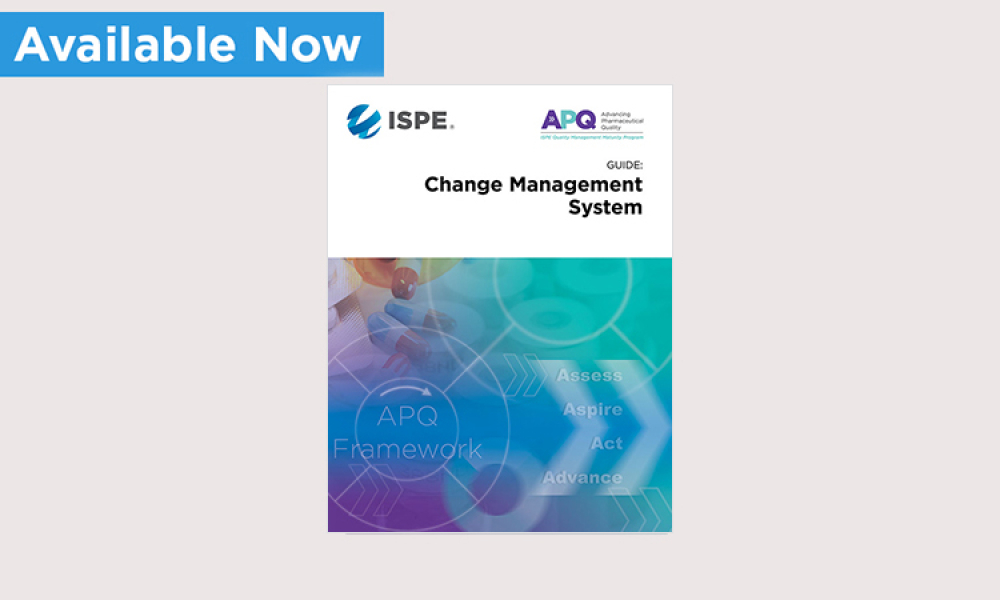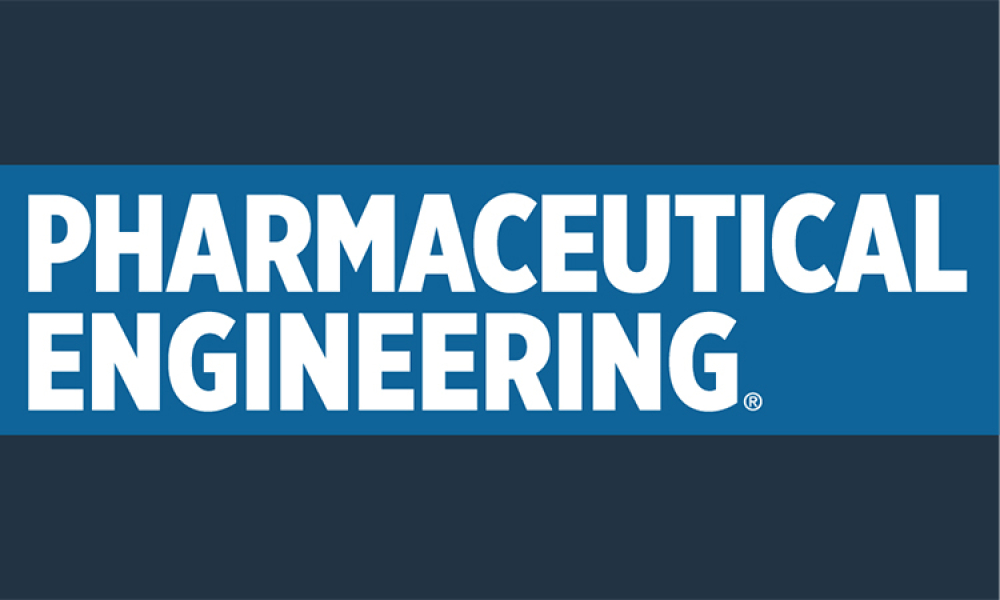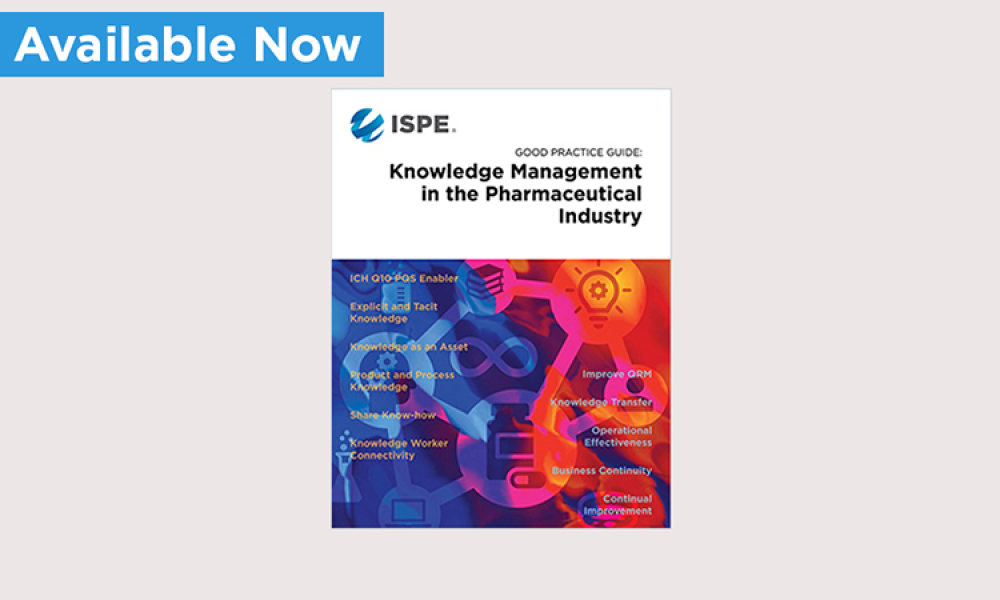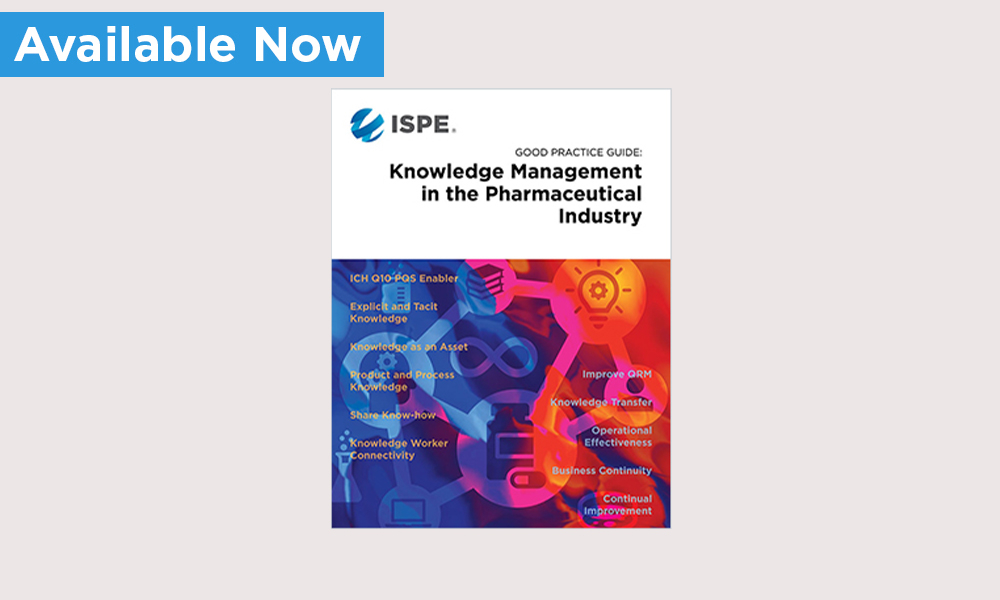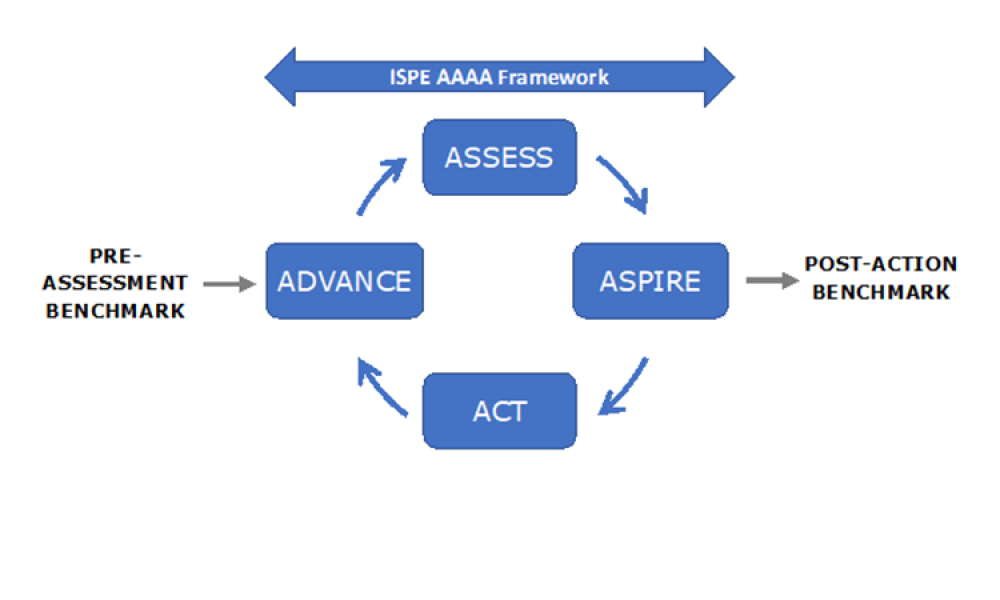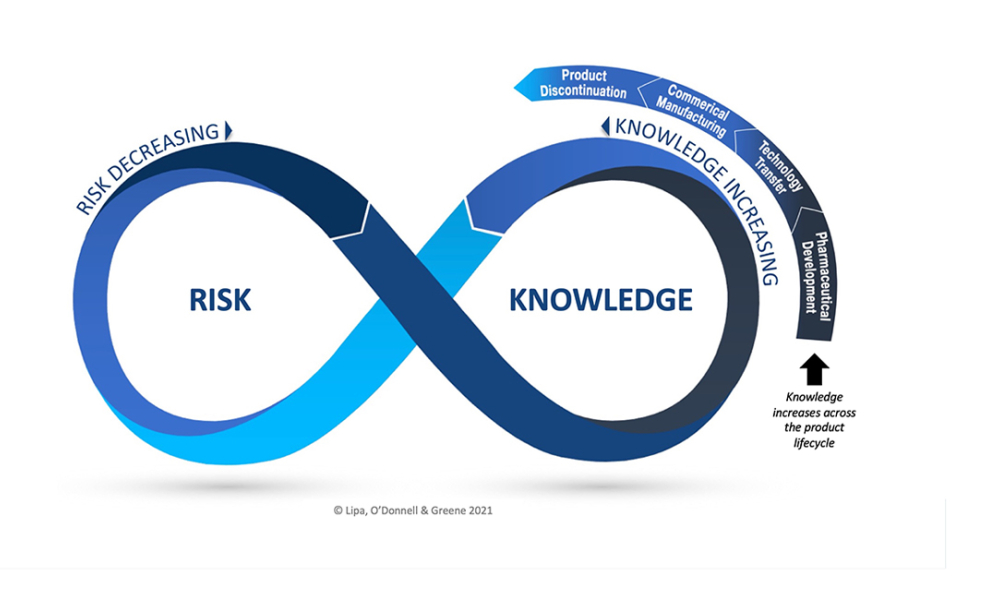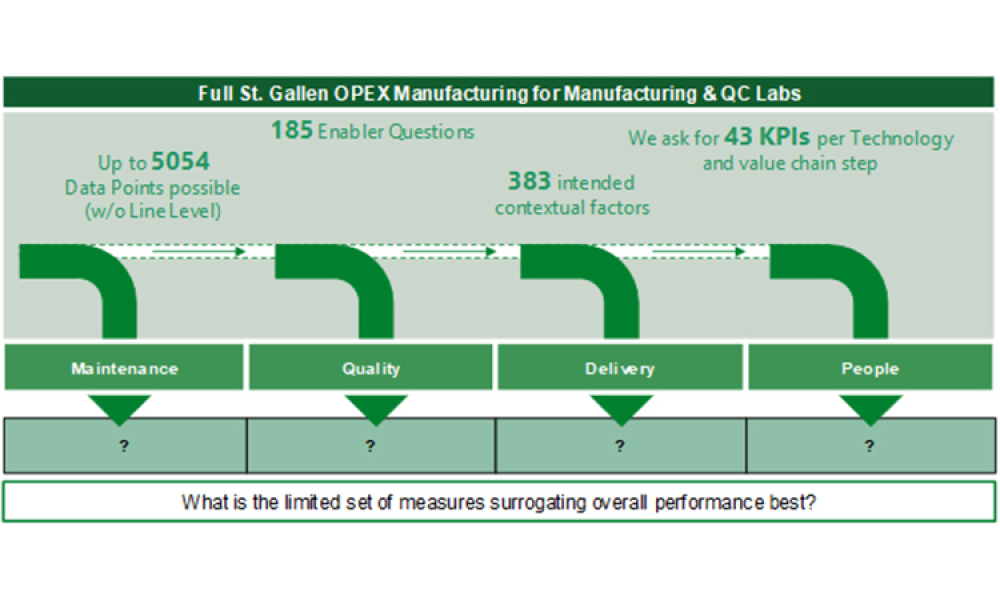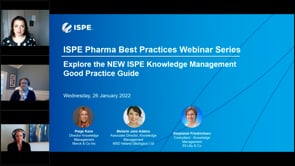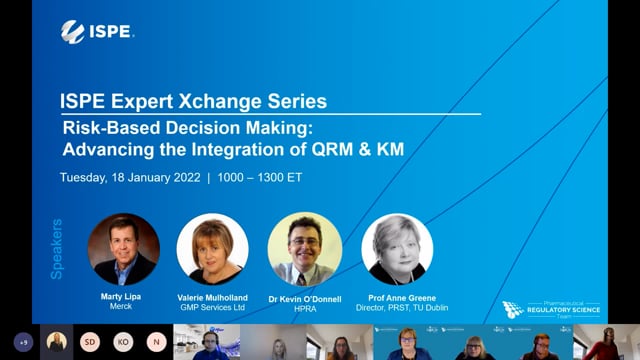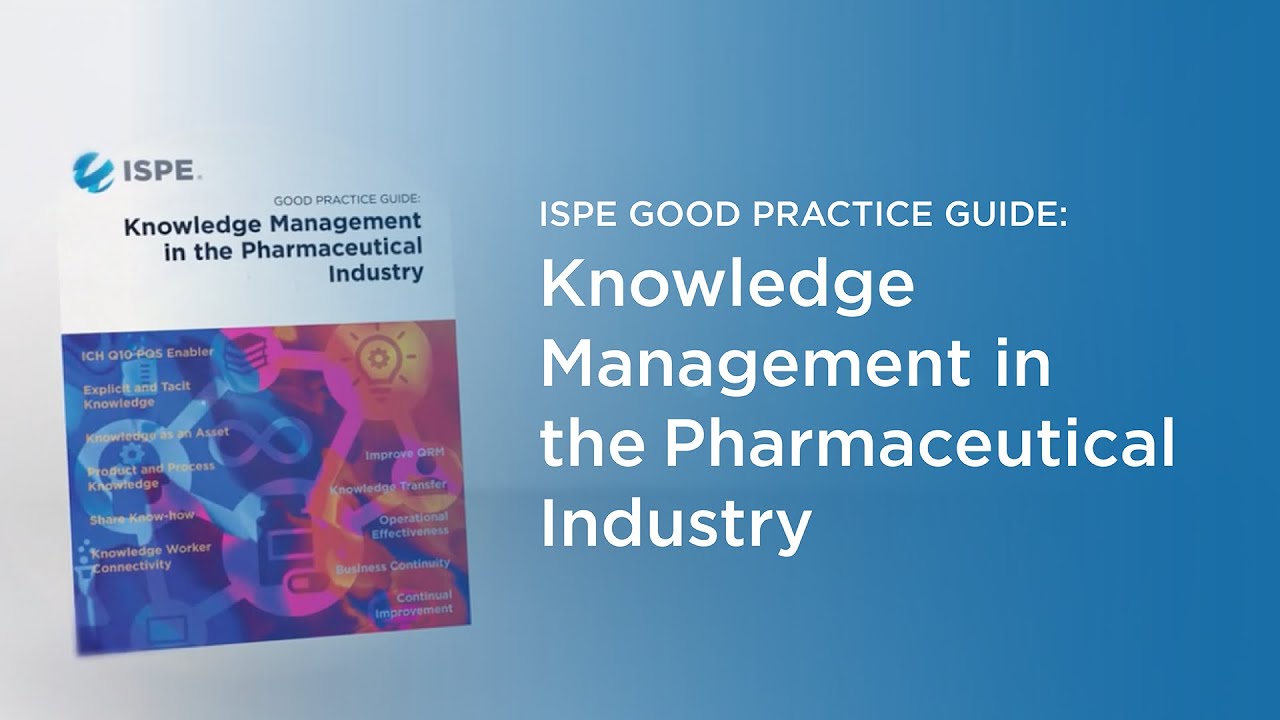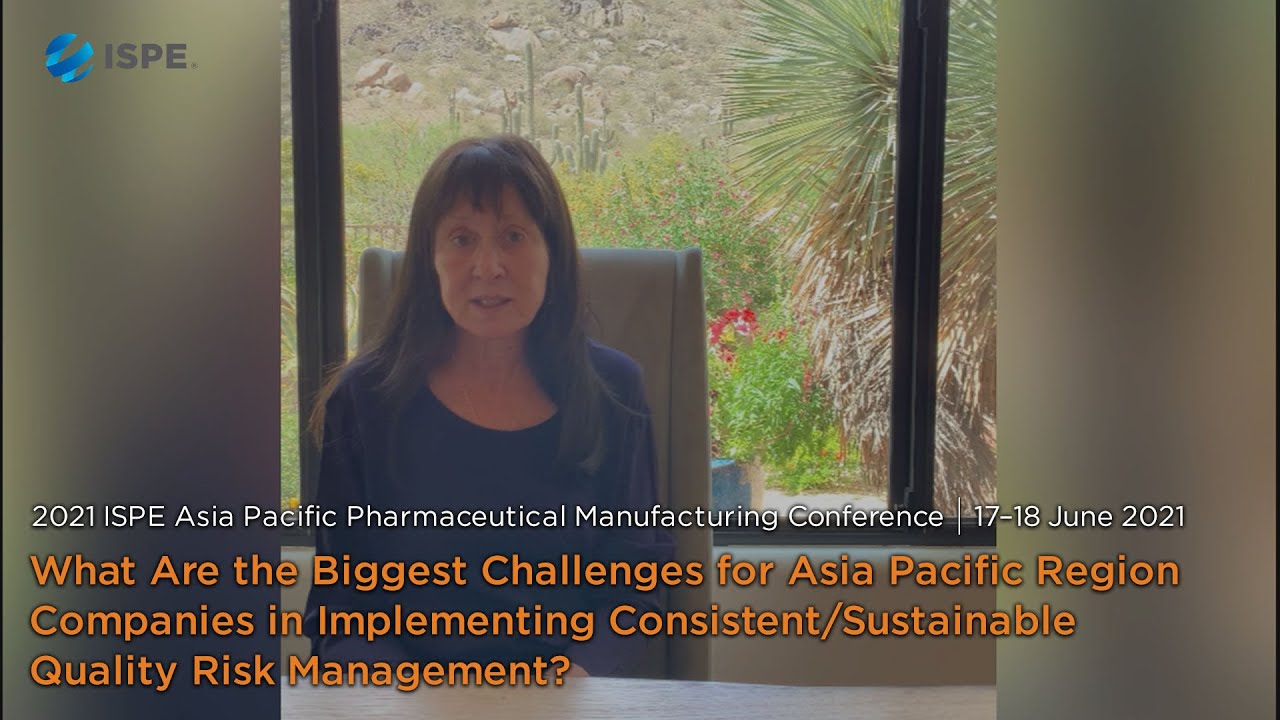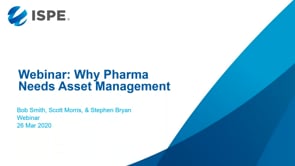Knowledge management efficiently handles information and resources within a commercial organization. The purpose of knowledge management is to share perspectives, ideas, experiences, and information; to ensure the information is available in the right place at the right time to enable informed decisions and to improve efficiency by reducing the need to rediscover knowledge. Knowledge management consists of three areas: accumulating, storing, and sharing knowledge.
Guidance Documents
Data Integrity (1)
Knowledge Management (7)
- GAMP RDI Good Practice Guide: Data Integrity by Design
- Good Practice Guide: Knowledge Management in Pharmaceutical Industry
- APQ Guide: Cultural Excellence
- APQ Guide: Process Performance & Product Quality Monitoring System (PPPQMS)
- APQ Guide: Change Management (CM) System
- APQ Guide: Management Responsibilities & Review (MRR)
- APQ Guide: Corrective Action & Preventive Action (CAPA) System
Lifecycle Management (1)
Process Analytical Technology (1)
Community Discussions
Community Discussions
Jan 28, 2025
Jan 27, 2025
Jan 27, 2025
Regulatory
Regulatory
Jan 27, 2025
Information Systems
Jan 27, 2025
Regulatory
Regulatory
Jan 27, 2025
Good Manufacturing Practice
Sustainable Facilities, HVAC, & Controlled Environments
Jan 26, 2025
Data Integrity
Webinars
iSpeak Blog Posts
Pharmaceutical Engineering Magazine Articles
Videos
Professional Development Training
ICH Q9(R1): Guidelines on Pharmaceutical Risk Management
Delivery Mode: Webinar An introduction to the ICH Q9(R1): Guidelines on Pharmaceutical Risk Management. This lesson covers the fundamentals for assessing and mitigating risks during drug product lifecycles and incorporates the latest requirements from ICH Q9(R1), which was updated in 2023, and supports and sets the foundation for a safety and quality-centric approach. By integrating with other ICH standards, it sets the foundation for a safety and quality-centric approach. Course Price: $300 (non-member) / $270 (member) Buy Now Return to Online Learning
ICH Q6A: Specifications, Test Procedures, and Acceptance Criteria for New Drug Substances and Products
Delivery Mode: Webinar This course covers testing and quality control requirements in marketing authorization/new drug applications, emphasizing ICH guidelines. It focuses on ICH Q6A, detailing test procedures and acceptance criteria for new drug substances/products to ensure global consistency and safety. The course also integrates later guidelines (ICH Q8, Q9, Q10, Q11), introducing science and risk-based approaches. Participants will learn to navigate global marketing authorization/new drug applications, contributing to high-quality pharmaceutical product development. Buy Now Return to…
GxPs for Leadership
This comprehensive course will equip you with the knowledge and skills to ensure GxP compliance and inspection readiness in the pharmaceutical industry. You will thoroughly understand regulatory requirements and learn about management's role in maintaining safety and quality. The course covers essential topics such as regulatory expectations, responsibilities in compliance, and consequences of non-compliance.
GMP Refresher
Code of Federal Regulations (CFR) states that "Training in current good manufacturing practice shall be conducted by qualified individuals on a continuing basis and with sufficient frequency to assure that employees remain familiar with cGMP requirements applicable to them." This course will provide an overview of History, Regulations, Quality Systems, and development, with a focus on distinguishing between QA and QC in GMP. It can serve as a GMP refresher for both individuals and companies and ensures that current key trends are covered. CEUs are provided once you achieve an 80% passing grade…
Advancing Pharmaceutical Quality (APQ) Quality Management Maturity Training Course
The ISPE Advancing Pharmaceutical Quality (APQ) Program has been developed by industry representatives, for industry use, to provide a practical framework that organizations can use to assess and advance the state of quality within their organization. The APQ program recognizes that the ability to advance the maturity of quality management lies within the industry itself and provides a range of sustainable and practical quality management improvement strategies.
White Papers
July / August 2024
The explosive growth of advanced therapy medicinal products (ATMPs), particularly cellular…
May / June 2024
The commercialization of personalized medicine has ushered in demand for a new type of facility—…
March / April 2024
Navigating the Asia Pacific Pharmaceutical Landscape for Global Impact Cover: The Asia Pacific…





